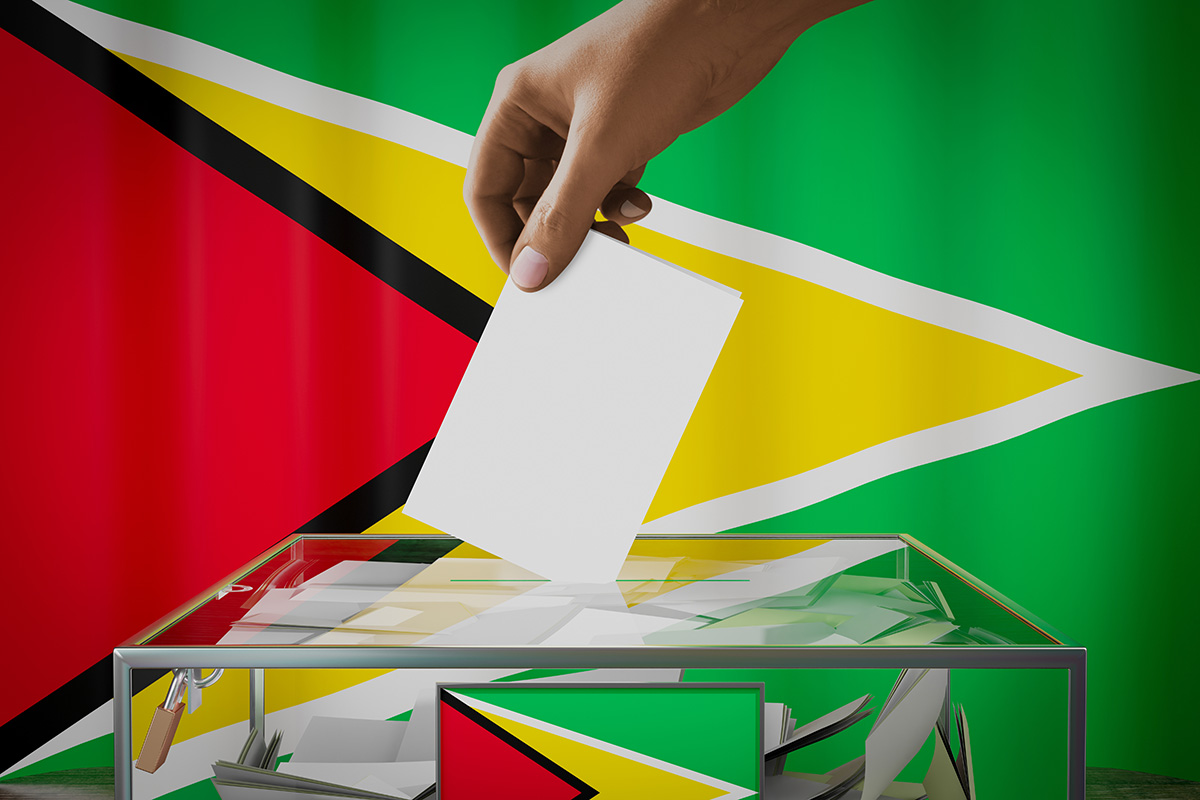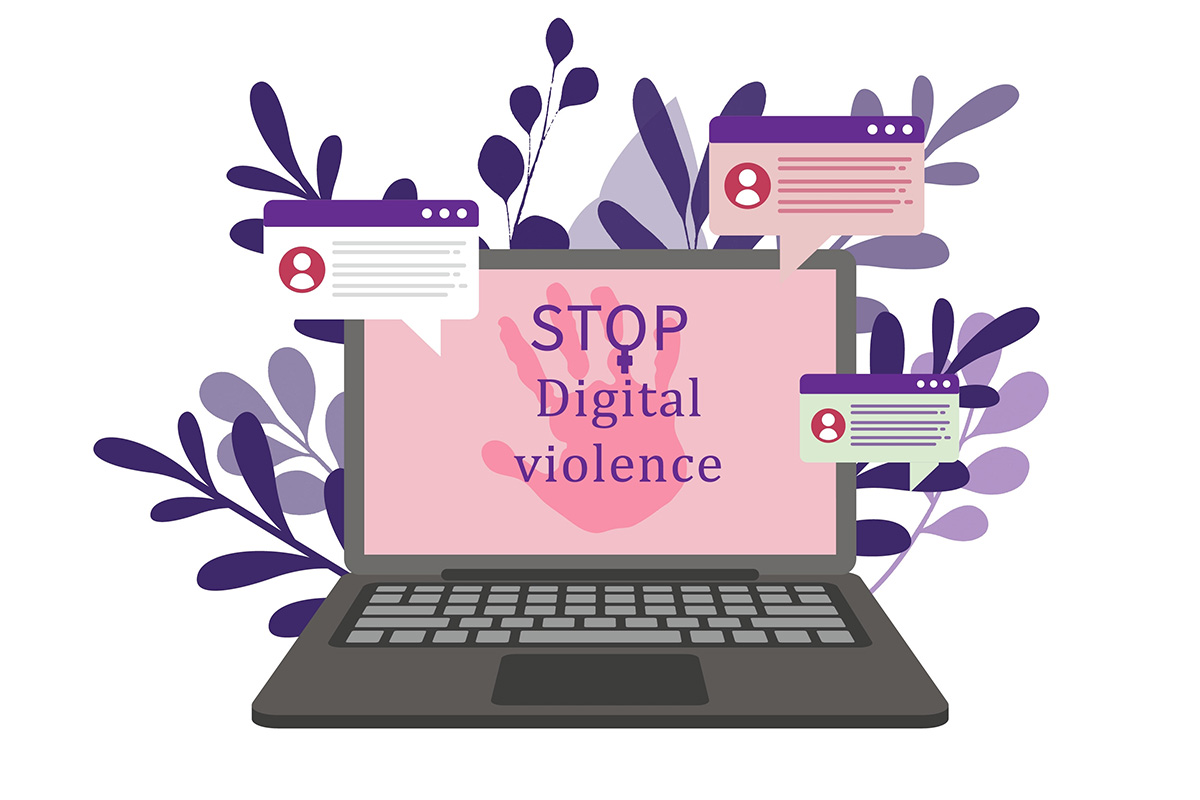“The social contract stands breached…”
October 21 As Kenya’s 2017 election approaches, Joshua Orawo, 26, a Commonwealth Correspondent from Kenya, has been thinking about elections in Africa and the customary tendency of candidates to resort to their communal-support bases in anticipation of any election. Certain intricacies surround any general election in Africa, and they are not exclusive to Africa. One of these is the hankering by members of almost every tribe in Africa for ‘their-own’ to be the occupant of the big office.
As Kenya’s 2017 election approaches, Joshua Orawo, 26, a Commonwealth Correspondent from Kenya, has been thinking about elections in Africa and the customary tendency of candidates to resort to their communal-support bases in anticipation of any election. Certain intricacies surround any general election in Africa, and they are not exclusive to Africa. One of these is the hankering by members of almost every tribe in Africa for ‘their-own’ to be the occupant of the big office.
The reasoning behind such lobbying to support the local candidate is best explained by people’s expectation of any leadership reign. For ordinary folk in an African village, there are certain things that the leadership at any time should make available and whose availability would have the effect of improving village lives.
Such folk also know that the person they can trust most with this kind of responsibility is the one closest to them; the one they feel they know and whom they can find with ease whenever they need to state their needs. This explains the voting patterns obtaining from most African countries: where candidates’ most loyal supporters are mostly people drawn from their immediate communities.
These folks subscribe to a maxim from my people: “telo ber ka ni e dala,” loosely translated as ‘it is a good thing to have leadership at home’. Any ordinary folk will understand that the government has a responsibility not just to protect the people (and their property) and enhance their enjoyment of human rights, but also to provide an enabling environment for the people to conduct their affairs and pursue pleasure. The people expect the government to enhance growth and stability of the economy by providing the infrastructure and systems that facilitate economic activity while formulating regulations and controls to ensure order and fairness in businesses operations, other than directly chipping in to prop up the economy. They also expect the government to promote democracy and social justice, for it is only thus that individual rights can be enjoyed fully enabling people to realize their potential. In their informed understanding, it is the prime mandate of the government to keep the society intact and in peace.
The peoples’ high expectations of any political leadership whether in Africa or elsewhere is a trait inherent in all human beings. Thomas Hobbes explains what seems to be the root of such expectation in his book, Leviathan (1651) by asserting that humans consent to cede their rights in favor of the absolute authority of government; whether monarchial or parliamentary. It therefore becomes a legitimate expectation that the said powers will do all that it ought to ensure the realisation of these rights.
When the story of Africa is told, themes that immediately kick in are those devastating English words such as lawlessness; war; human rights violations; corruption; extrajudicial killings, and the list is devastatingly long. An interaction with any objective and ethical international media further reveals the depth of political instability in a majority of African nations sixty years after the bluff called independence.
What Africans were treated to as independence is at best just African rule and nothing more; well what is more is that the said rule has succeeded in impoverishing the ordinary citizenry as it oversees a primitive accumulation of wealth by the political class. In the struggle by African ‘freedom fighters’, the fathers of independence said they had an agenda they would be implementing. All the agenda involved putting an end to something: poverty, disease and illiteracy. They wanted to create nothing. Creativity is thus seen as a foreign concept in the leadership arrangement right from the inception of the African leaders’ rule.
The failure of the African states after sixty years of self-rule is therefore a betrayal to the aspirations of the African people; aspirations they had at the onset of African-led governance and the collapse of colonial rule. The so-called founding fathers presented themselves to the people as their saviours from the colonial masters and bad rule. The state of Africa today tells a story of a citizenry deceived by the very powers that she trusted to protect and secure her existence.
Why then are African people throughout the continent warming up to new general elections five decades after independence, just to be treated to the same dose of misgovernance? In the subsequent governments, as happened in former ones, the people will be treated to doses of civil war; extrajudicial killings and political assassinations. Mass youth unemployment and economic instability promise to continue their subsistence even in the subsequent regimes. Lawlessness and the absence of public order have threatened our very existence in the past regimes and will continue with these threats in the next governments as perpetrators of these vices flounder in opulence. Those exercising governance will carry on with dictatorial tendencies and war crimes even in the subsequent regimes.
The social contract was fundamentally breached by African governments right at its inception, and the people are under no obligation to remain bound by the terms of the said contract. This is a basic principle of contracts.
Photo credit: HowToStartABlogOnline.net howtostartablogonline.net/
Visual Content Legal Contract & Signature – Cool Tones via photopin
………………………………………………………………………………
About me: A community-mobilizer, youth activist and laws graduate, I am the Executive Director of Intreach Community, a civil society organisation involved in philanthropy for impoverished children and other under-served societal groups. I work towards all inclusive political leadership, where the youth, women and children can voice their concerns without fear and where equality and mutual respect thrive; and a society where fundamental human rights are revered.
…………………………………………………………………………………………………………………
Opinions expressed in this article are those of the author and do not necessarily represent the views of the Commonwealth Youth Programme. Articles are published in a spirit of dialogue, respect and understanding. If you disagree, why not submit a response?
To learn more about becoming a Commonwealth Correspondent please visit: http://www.yourcommonwealth.org/submit-articles/
…………………………………………………………………………………………………………………




